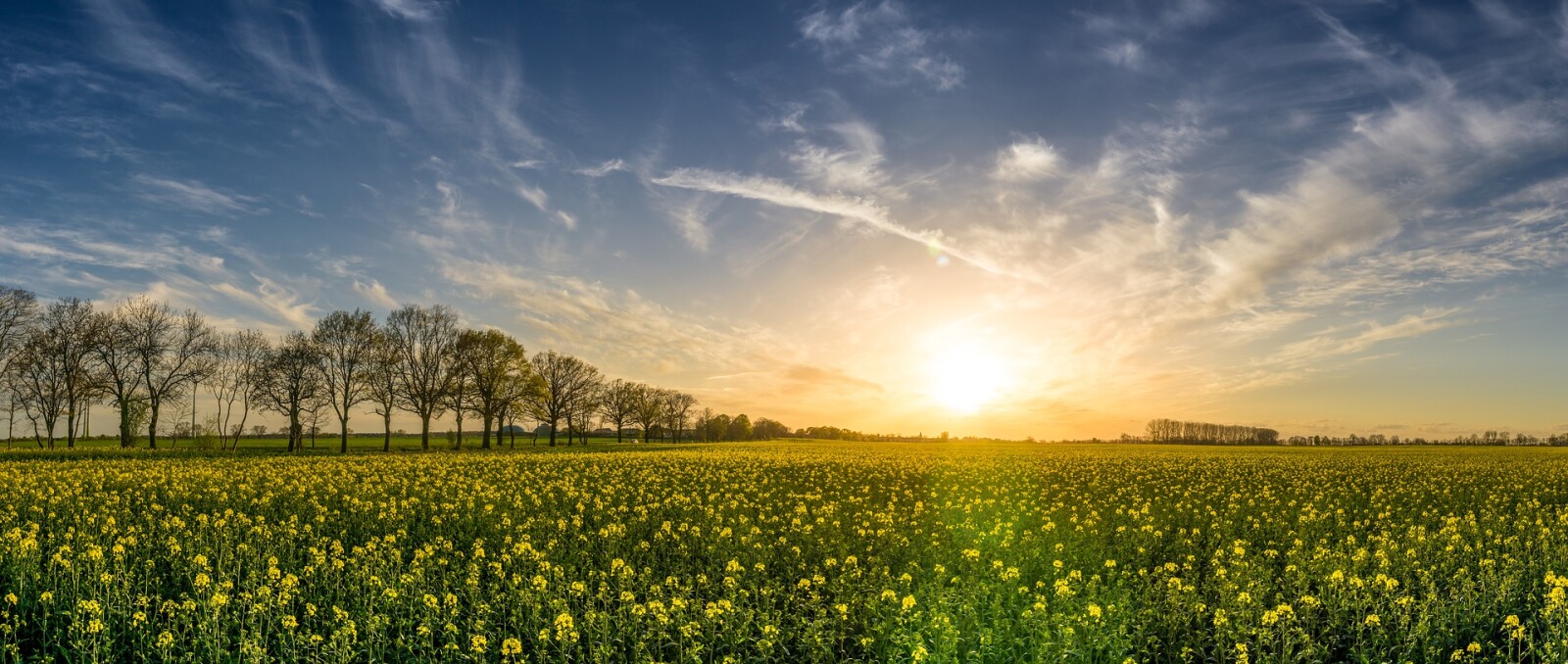
Are you a victim of greenwashing? Many of us have fallen for the marketing ploys of clever companies. We want to do what’s best for our families, but are we really?
The Cambridge Dictionary defines greenwashing as…
“an attempt to make people believe that your company is doing more to protect the environment than it really is”
Those candy colored bottles may seem eco-friendly, quirky, hipster, and homemade -- but that’s just NOT the case. They may even be named to evoke feelings of someone’s grandma on a farm who mixes up that stuff. They may put a farm on their logo and change their color scheme to green. The labels may be filled with words like natural, clean ingredients, eco-friendly and plant-based. Truth be told, the company is likely owned by a major corporation who also makes toxic cleansers and pesticides.
Its kind of like the “low fat” claims of yesteryear. All of a sudden, we kept seeing LOW FAT on labels. It sounds great, but in reality, for many products, it simply meant that it was just lower in fat than the regular version which had tons of fat. So, was it healthy for you because it said “low fat”? Not necessarily! There was no regulation in place to ensure that it was in fact below a certain standard of fat.
What was behind all of this? Companies bottom lines. They knew that in order to compete in that market, they had to have something labeled in a way to sell their product.
The emphasis on labels for the “natural” ingredients does not tell the whole story. Let’s say that a product has 65% plant based ingredients. So, what’s the other 35%? Likely toxic ingredients that you definitely don’t want in your home. Of course, the label is not going to highlight that part. The average consumer will read the front label and see “natural” or “plant-based” and look no further. We need to do our due diligence again as consumers.
You may be surprised to find out that organic does not mean pesticide free. The USDA approves certain pesticides, so just being labeled “organic” is not enough. If it matters to me, I need to look at the source.
- Claims on the package that don't have any facts to back them up.
- Claims that sound too good to be true.
- Labels filled with jargon mumbo jumbo that are designed to "sound good."
- An ingredient list that doesn't match up with claims.
- Newly repackaged items that are identical in contents, but suddenly are "natural."
- Emphasis on a small part of the product that is eco-friendly while the rest is not.
Companies are smart, but WE are smarter. We decide what products we buy. We are the gatekeepers of our homes. If we want the best for our families, we either need to find a company we trust, make our own products, or some combination of both.
Interested in what products pass the test for my family? Ask me here to find out.
Want to subscribe to my blog so you don't miss a thing? Click here and I'll shoot you an email whenever a new blog post lands.
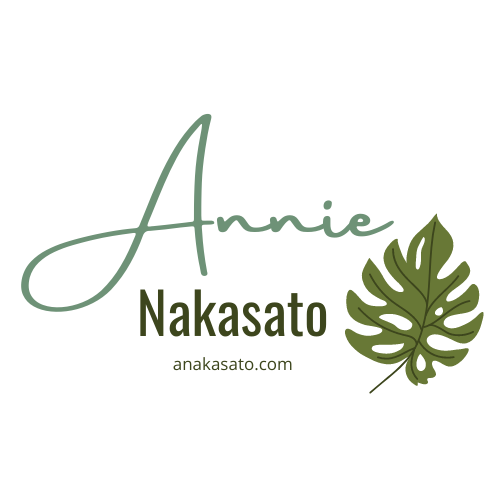



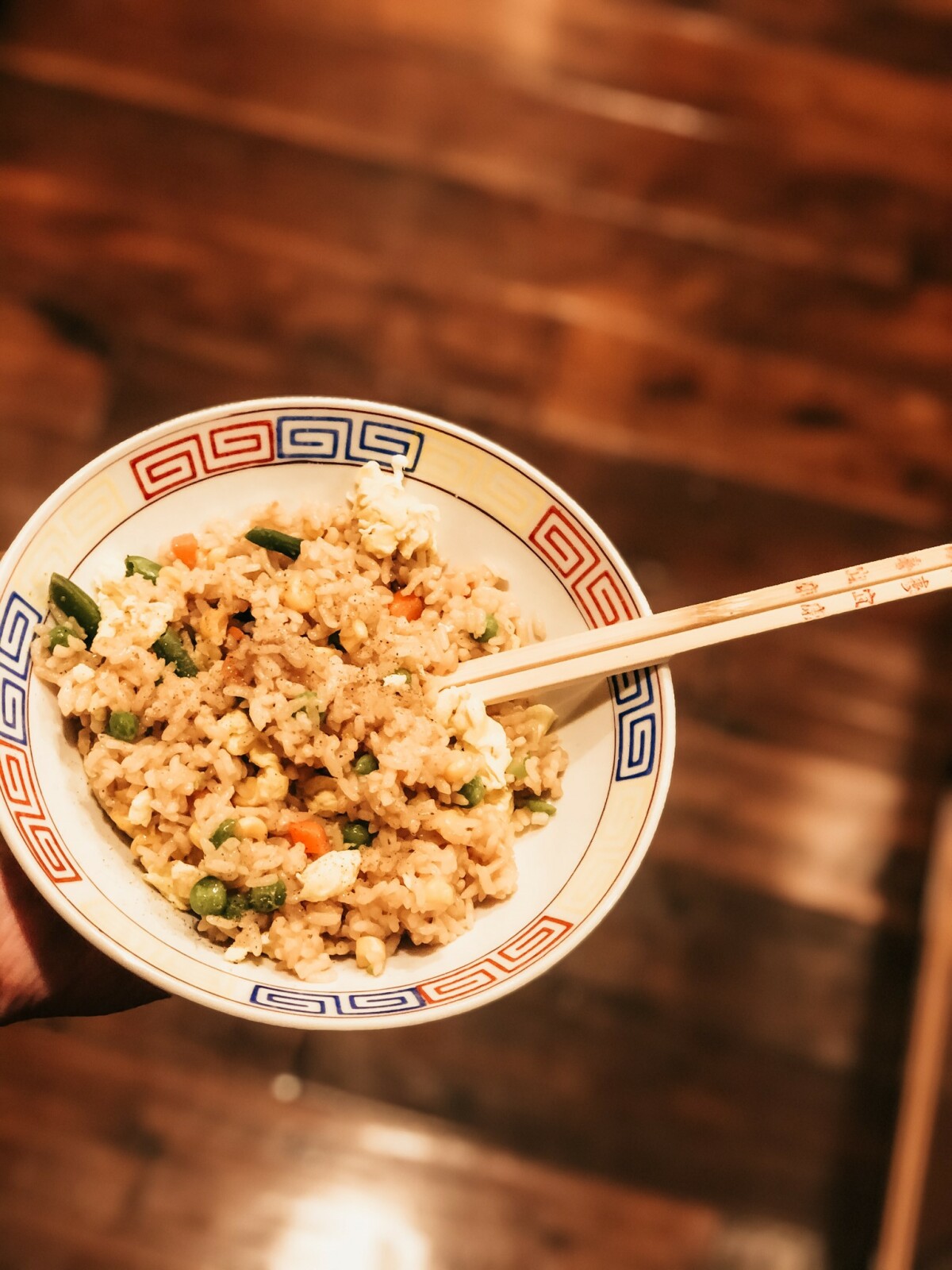

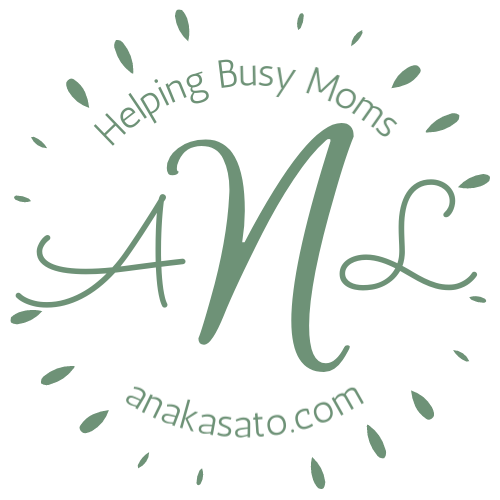
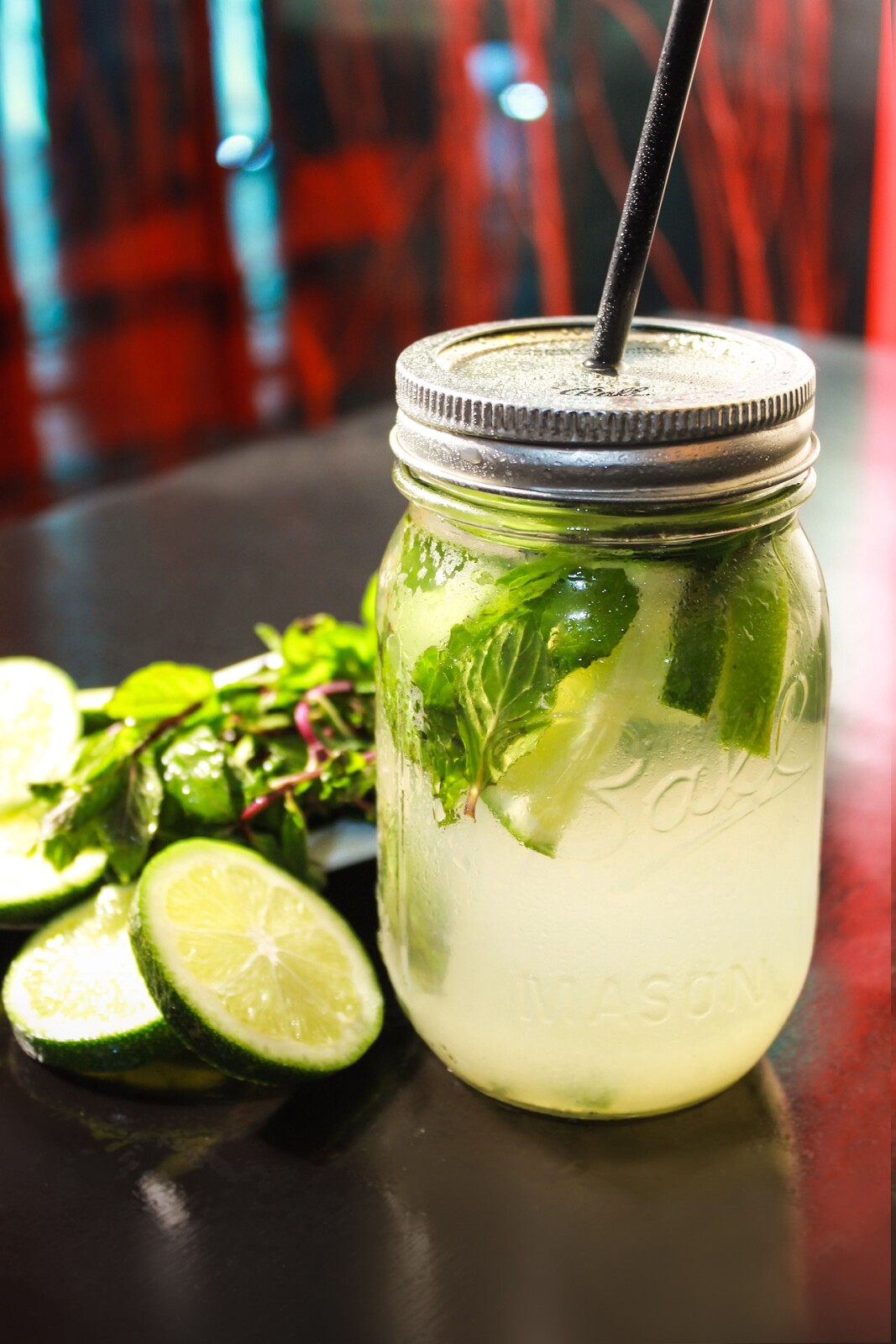
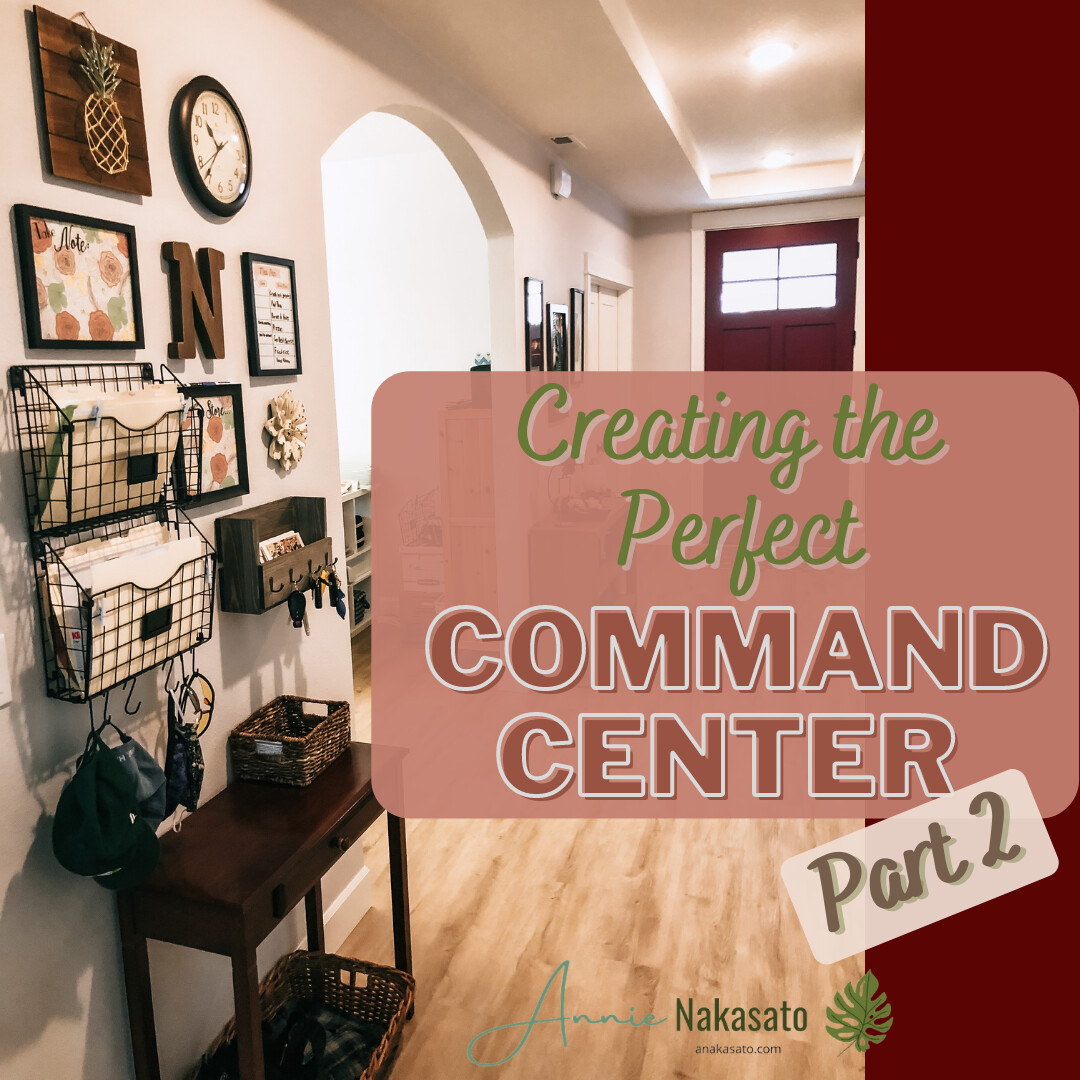




0 Comments